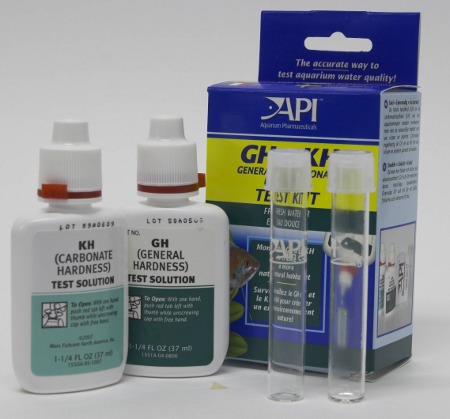Difference between revisions of "At home water testing"
From German brewing and more
| Line 1: | Line 1: | ||
| + | {| style="width:800px" | ||
| + | | | ||
| + | |||
Water composition is important for brewing and many brewers either send their water to a lab for analysis for build their water from scratch by using very soft (e.g. reverse osmosis water) and salts. It is, however, also possible to test brewing water at home. The precision and amount of detail of such a water test at home does not match that of a professional analysis, but it is sufficient to estimate the residual alkalinity of the brewing water with an acceptable precision. At home water testing also allows regular testing of the water source in order to detect seasonal changes that may warrant a more precise professional analysis. | Water composition is important for brewing and many brewers either send their water to a lab for analysis for build their water from scratch by using very soft (e.g. reverse osmosis water) and salts. It is, however, also possible to test brewing water at home. The precision and amount of detail of such a water test at home does not match that of a professional analysis, but it is sufficient to estimate the residual alkalinity of the brewing water with an acceptable precision. At home water testing also allows regular testing of the water source in order to detect seasonal changes that may warrant a more precise professional analysis. | ||
| Line 6: | Line 9: | ||
KH stands for Karbonat Härte (German for carbonate hardness) which is the alkalinity of the water. Like total hardness or GH it is measured as either German Hardness (dH) or ppm as CaCO[sub]3[/sub]. The conversion of 1 dH = 17.8 CaCO[sub]3[/sub] is true for both total hardness and alkalinity. | KH stands for Karbonat Härte (German for carbonate hardness) which is the alkalinity of the water. Like total hardness or GH it is measured as either German Hardness (dH) or ppm as CaCO[sub]3[/sub]. The conversion of 1 dH = 17.8 CaCO[sub]3[/sub] is true for both total hardness and alkalinity. | ||
| + | |||
| + | |||
| + | |} | ||


